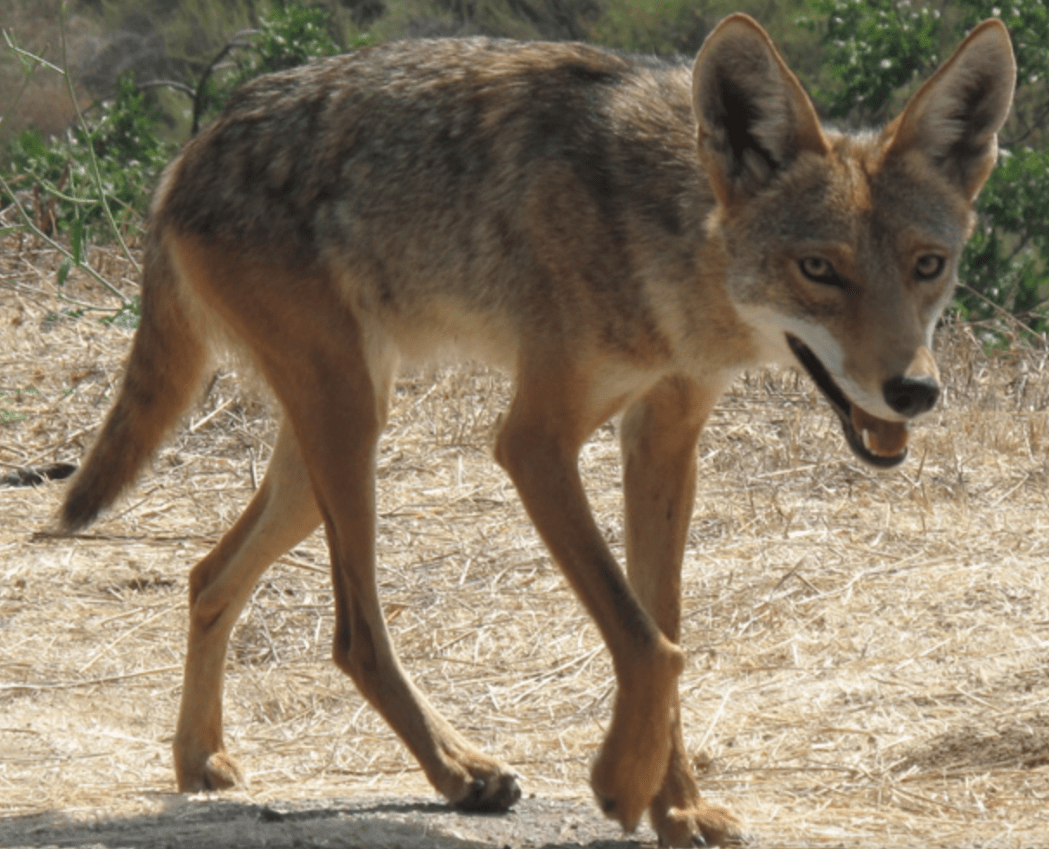
Rhode Island Department of Health
A hiker in Rhode Island who was bitten by a rabid coyote killed it with his bare hands, and now health officials are warning the public and pet owners who may have come into contact with it.
A man was hiking in the woods in Johnston, a suburb west of Providence, on Friday when he was attacked and bitten on the leg by the coyote, which was later confirmed to have rabies. The man, who was not identified by officials, killed the coyote by pinning its neck until it suffocated.
The Rhode Island Department of Environmental Management (DEM) and the Rhode Island Department of Health (RIDOH) on Monday announced the coyote was likely involved in another attack on a human the day before, on Feb. 8, in Scituate, about 6 miles southwest of Johnston.
Without swift post-exposure vaccination, virtually all cases of rabies are fatal, health officials said.
“Along with my peers at RIDOH, I urge anyone in Scituate and Johnston who may have come into contact with the coyote to call the RIDOH Infectious Disease division,” said Rhode Island State Veterinarian Scott Marshall. “If pet owners in these two communities believe their pet has interacted with coyote, call or visit your veterinarian to make sure your pets rabies vaccination is current. Rabies is virtually always preventable with the vaccination. Animal owners also need to report the exposure to your local animal control officer.”
Dogs, cats, and ferrets in Rhode Island are required to have current vaccination against rabies. Bats in the state are also known to carry the bat strain of rabies, which is highly transmissible to humans. Vaccines are often recommended for those exposed by proximity even without a visible wound when the bat is not available for testing.
Health officials are urging members of the public to avoid all contact stray or free-roaming domestic animals, and wild animals, and not to feed them. Pet owners are advised not to feed their pets outdoors, which can attract other animals.
TMX contributed to this article.